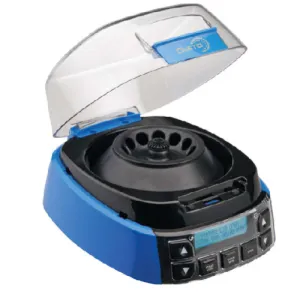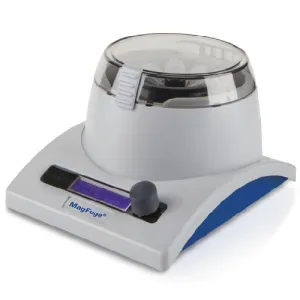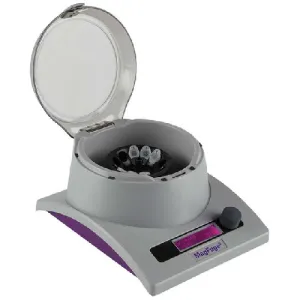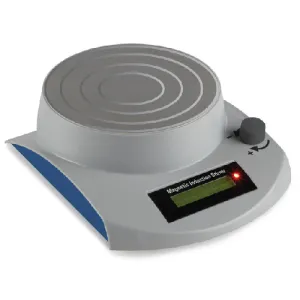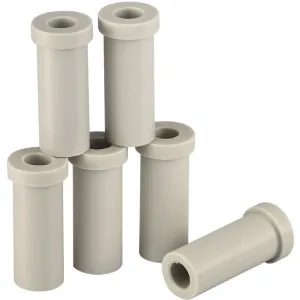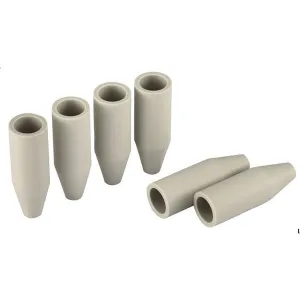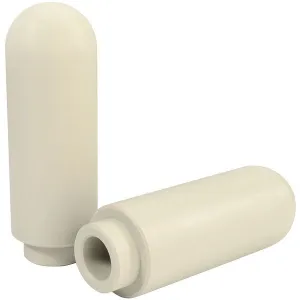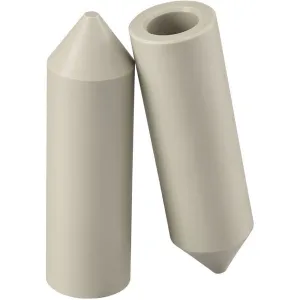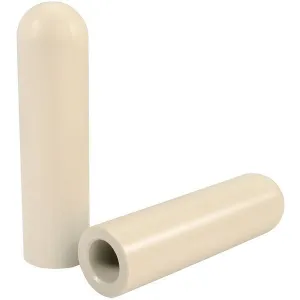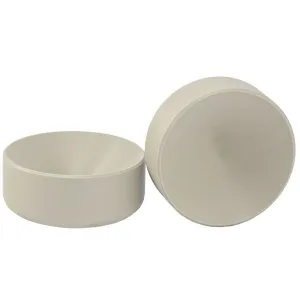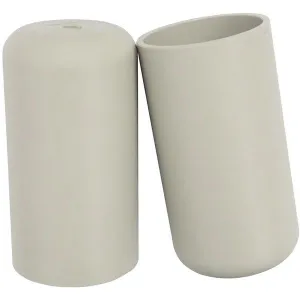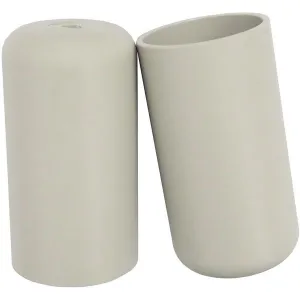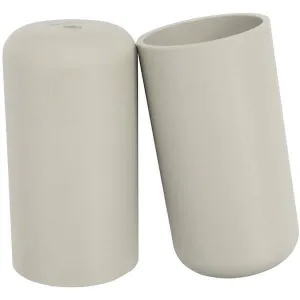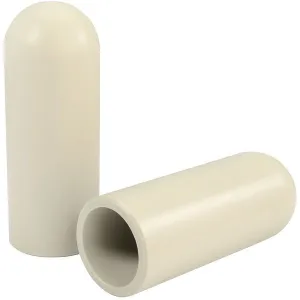Professional Laboratory Centrifuges
Laboratory Centrifuges provide essential separation technology for modern labs and research environments. The laboratory centrifuges supplied by Selectum LLC are selected for their robust performance and ability to deliver consistent results in any research setting. Whether optimizing workflows, scaling up procedures, or replacing outdated units, centrifuge for laboratory applications ensures smooth and efficient processing. Selectum’s catalog features premium options from trusted manufacturers, backed by swift shipping and attentive service. Discover the latest in laboratory centrifuges tailored for demanding industry standards.
Applications and uses for Laboratory Centrifuges
Laboratory centrifuges are valued for their reliability and uniform separation results, making them integral in clinical, research, and industrial laboratories. These devices streamline sample processing, increasing throughput and accuracy. Common settings include hospitals, biotech firms, pharma production, and educational labs. Lab centrifuges adapt to blood processing, cell harvesting, and purity testing tasks across industries, with seamless compatibility for standard lab glassware and data systems.
Products in this category
This category offers a range of options to suit your operational requirements:
- Microcentrifuges for small volume applications and rapid spin cycles
- Refrigerated centrifuges designed for temperature-sensitive samples
- High-capacity floor models ideal for bulk processing
- Benchtop centrifuge for laboratory spaces with limited room
- Fixed-angle and swing-bucket rotors for specific separation needs
- Programmable digital controls for precision workflow management
Materials, durability and performance
Our laboratory centrifuges are constructed from high-grade stainless steel and chemical-resistant polymers, ensuring outstanding durability in busy lab environments. Robust housings reduce vibration, and advanced sealing maintains system integrity in demanding routines. In addition to consistent speeds and precise separation, centrifuge for laboratory use provides reliable results in clinical, industrial, and research settings, withstanding frequent usage and tough cleaning protocols.
Key Features:
- Stainless steel and reinforced polymer construction
- Variable speed and timer controls
- Accommodates multiple rotor configurations
- Safety interlock systems with lid detection
- Compact options for benchtop installations
- Low-maintenance, easy-clean surfaces
- Integrated digital display panels
Frequently Asked Questions about Laboratory Centrifuges
How do I select the right centrifuge for my lab?
Assess sample volume, required speed (RPM), and application type. Compatibility with existing tubes and workflow automation systems is also important.
What maintenance do laboratory centrifuges require?
Routine cleaning, rotor inspection, and lid mechanism checks help prevent malfunction and extend equipment life.
Can lab centrifuges handle biological and chemical samples?
Most models are versatile for a variety of sample types, but always check specific chemical compatibility for your application.
Why shop Laboratory Centrifuges at Selectum LLC
Shopping for laboratory centrifuges at Selectum LLC means investing in quality, reliability, and convenience. Our expertly curated catalog ensures you have access to industry-leading brands and proven equipment that meets rigorous standards. Alongside competitive prices and a seamless ordering experience, we offer knowledgeable technical support and flexible delivery options to make your procurement worry-free. Whether you're outfitting a new facility or maintaining existing operations, browse our laboratory centrifuges selection at Selectum LLC and optimize your operations today.
Frequently Asked Questions
What is a centrifuge used for in a lab?
Centrifuges separate substances of different densities by spinning samples at high speeds, commonly used for blood separation, cell isolation, and chemical analysis. Professional models like the Ohaus 30130867 FC5515 120 V Series Micro Centrifuge provide precise separation for various laboratory applications.
How much is a lab centrifuge?
Lab centrifuge prices range from $500 to $50,000+ depending on capacity, speed, and features. Entry-level options like the Azzota HM24 Hematocrit Centrifuge offer affordable solutions, while advanced models like the Azzota LSC2100 provide enhanced capabilities.
What labs require centrifuges?
Medical, research, clinical, veterinary, and educational labs commonly require centrifuges for sample processing and analysis. Versatile units like the HM24 Hematocrit Centrifuge serve multiple laboratory environments with reliable performance and user-friendly operation.
What is the lifespan of a lab centrifuge?
Lab centrifuges typically last 10-20 years with proper maintenance, depending on usage frequency and model quality. High-quality units like the UNMCNTF-4 Eco-Mini Centrifuge are built for longevity and consistent performance in demanding laboratory environments.
Do centrifuges need to be serviced?
Yes, centrifuges require regular servicing including rotor inspection, bearing maintenance, and calibration checks to ensure safety and accuracy. Professional-grade models like the Ohaus 30130867 benefit from scheduled maintenance to maximize operational lifespan.


